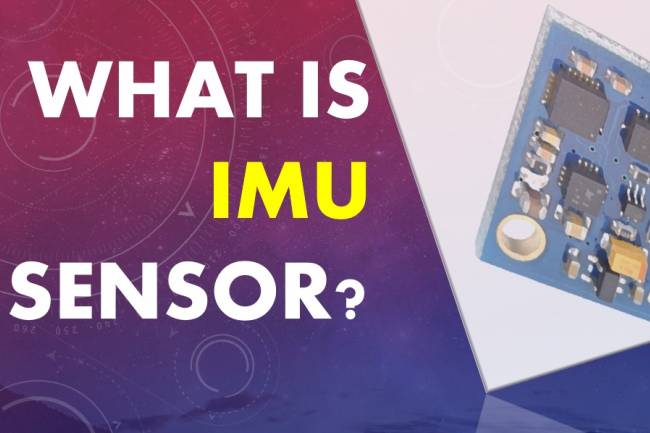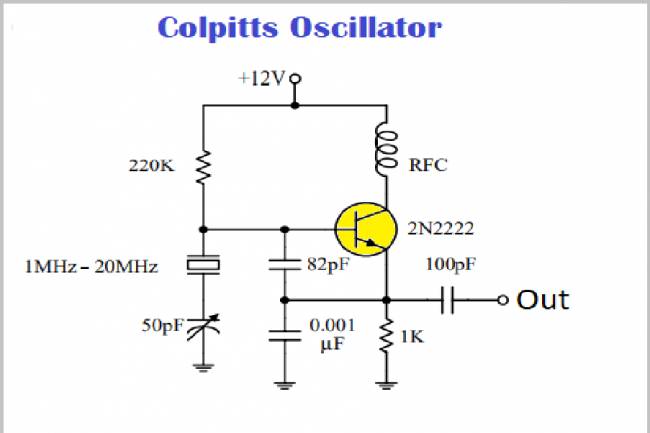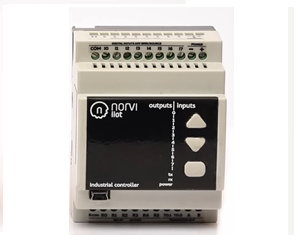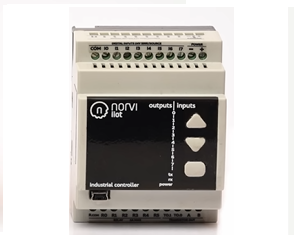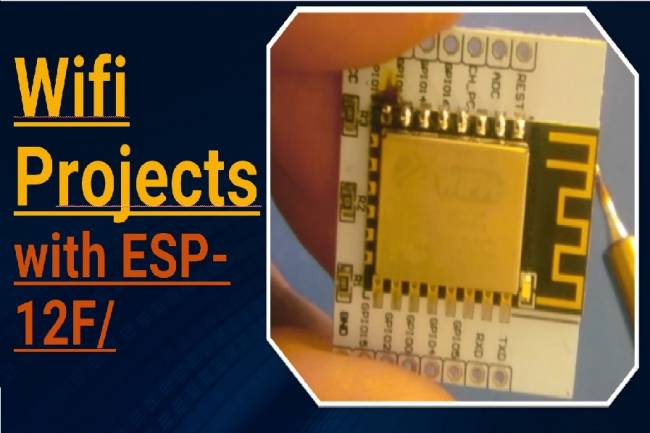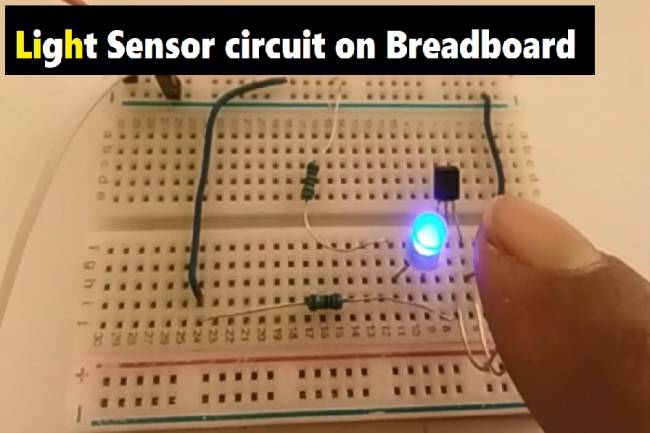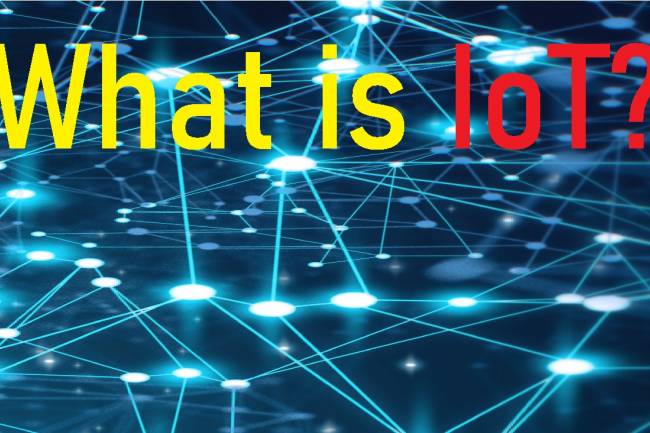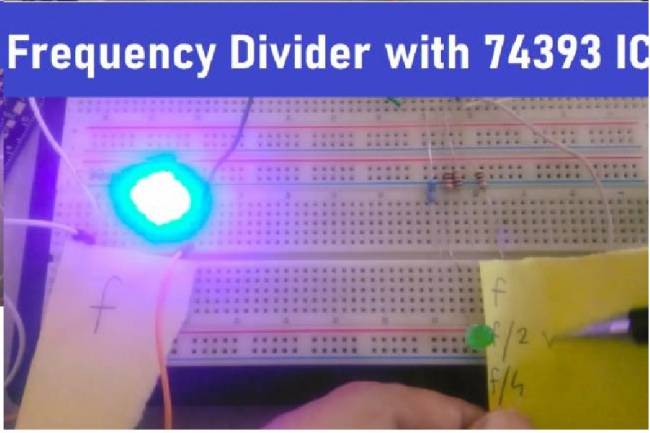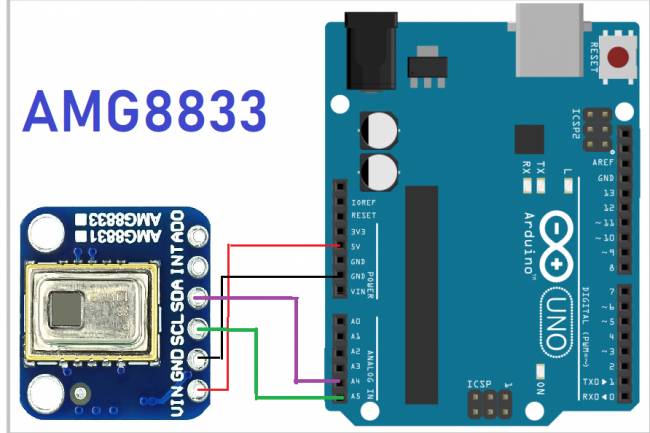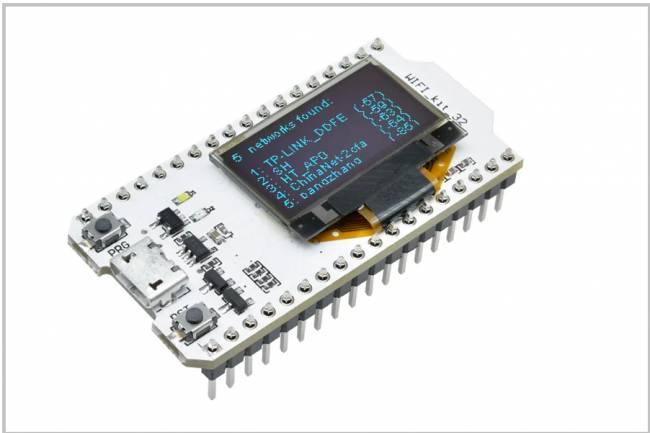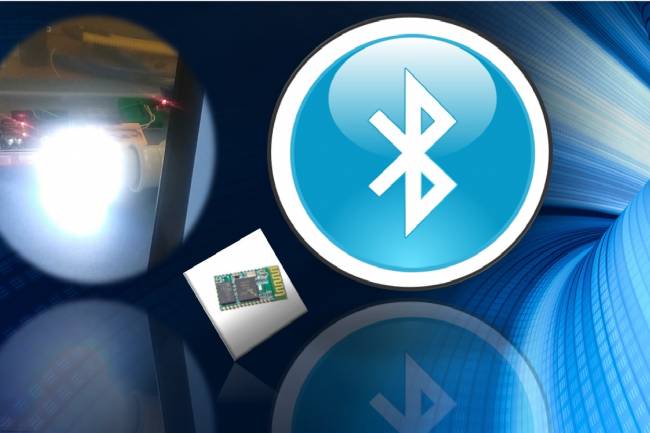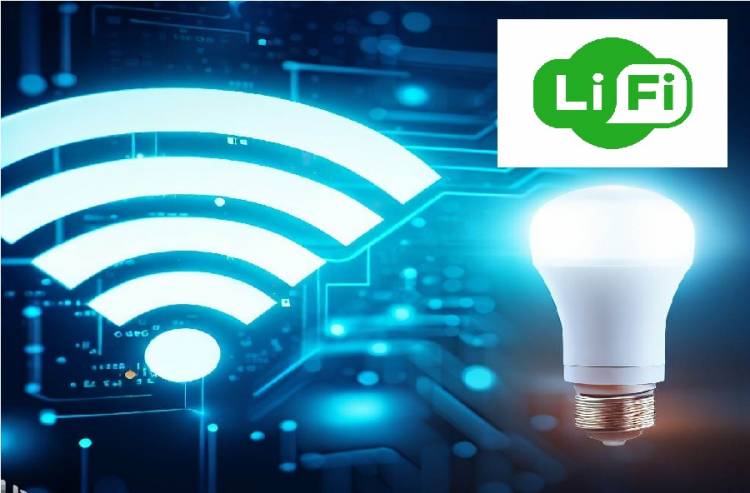
Li-Fi: The Future Wireless Communications Technology of Light
Wireless communication technologies have become an integral part of our lives today. Technologies such as the widespread use of Wi-Fi, mobile data communication and Bluetooth are used by a wide range of users every day. However, the need for fast data transfer, high bandwidth and a more secure communication against electromagnetic interference has led to the search for new generation wireless technologies. In this context, Li-Fi (Light Fidelity) technology has exciting potential for future wireless communication.
Li-Fi is a technology that provides data transmission using light waves. Unlike Wi-Fi, Li-Fi uses the visible light spectrum. Fast flashing signals generated from LED or other lighting sources carry out data transmission. Li-Fi has the potential to provide high-speed communication. Gigabit speeds have been demonstrated to be achieved in laboratory experiments. This is far beyond the speeds offered by Wi-Fi.
Another important advantage of Li-Fi is that it is more resistant to electromagnetic interference. Since Li-Fi uses light waves, it is less likely to be affected by electromagnetic fields. This feature makes it safer to use in areas where electromagnetic compatibility is critical, such as hospitals, airplanes, and nuclear power plants.
The potential application areas of Li-Fi are quite wide. Especially in environments with heavy data traffic, Li-Fi can offer a fast and reliable solution. This can be invaluable in places like offices, airports, convention centers. In addition, a lighting system using Li-Fi can increase energy efficiency by providing data communication and lighting at the same time.
However, Li-Fi also has some limitations. Light waves work directly in the line of sight and are affected by obstacles. Therefore, the placement and coverage of wireless access points is important. Also, external factors such as sunlight can affect data transmission.
Li-Fi technology has not yet become commercially available. It is under research and development and requires further standardization and compliance. However, in the future, Li-Fi is expected to play an important role in wireless communication.
As a result, Li-Fi technology has great potential in future wireless communication with its advantages such as fast data transfer, high security and resistance to electromagnetic interference. More research, development and standardization studies are needed for Li-Fi to become widespread. However, it is certain that Li-Fi will bring a new communication experience to our lives.
Can Li-Fi replace Wi-Fi?
It's hard to give a definitive answer as to whether Li-Fi has completely replaced Wi-Fi. Both technologies have their own advantages and limitations. Some advantages of Li-Fi are higher speeds, more resistance to electromagnetic interference, and safer communication compared to Wi-Fi. However, it also has some limitations, for example it requires a direct line of sight and is affected by obstacles.
Wi-Fi is a common technology with a large user base. The advantages of Wi-Fi include widespread infrastructure, broad availability, greater coverage, and greater device compatibility. Also, Wi-Fi provides a standard communication protocol between all devices.
Some Companies Producing Li-Fi Devices
PureLiFi: PureLiFi is a pioneer in Li-Fi. They are working to commercialize Li-Fi technology. In addition to their R&D studies, they also operate in the production of lighting fixtures and special Li-Fi devices. They offer solutions for both the industrial and consumer markets.
Signify (Philips Lighting): Signify is a leading company in lighting under the Philips Lighting brand. They offer solutions that integrate Li-Fi technology with lighting fixtures. Philips' Li-Fi luminaires provide lighting and data communication at the same time.
VLNComm: VLNComm is a company that develops Li-Fi based solutions. They produce Li-Fi products for different application areas such as consumer electronics, industrial automation and smart cities. They offer products such as lamps and transceiver devices that provide wireless data transmission with Li-Fi technology.
Oledcomm: Oledcomm is a company that provides lighting systems and communication solutions based on Li-Fi technology. Its product ranges include Li-Fi smart lamps, transceivers and solutions that can be integrated into mobile devices.



